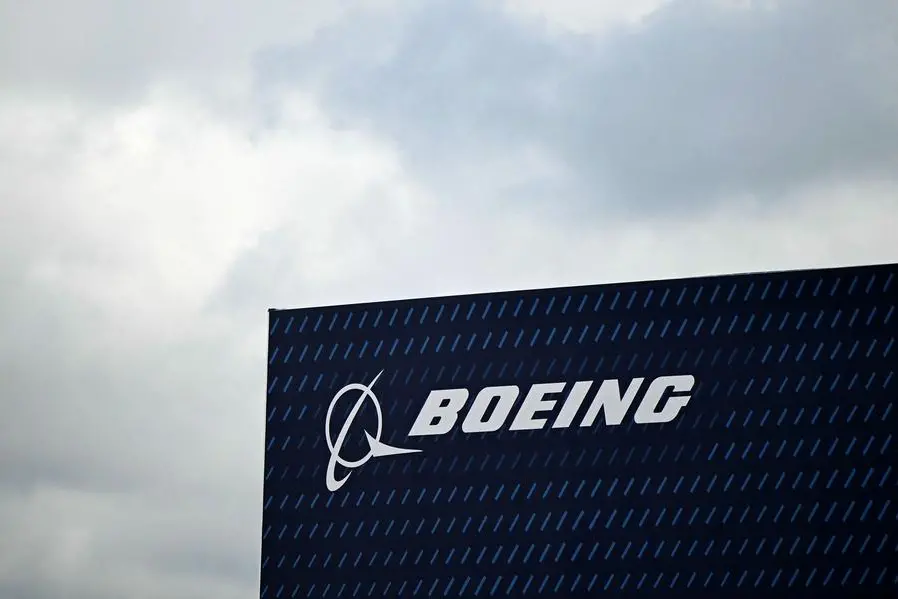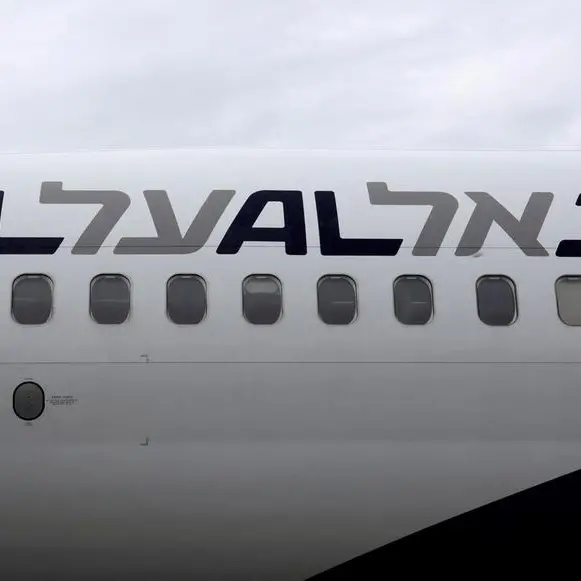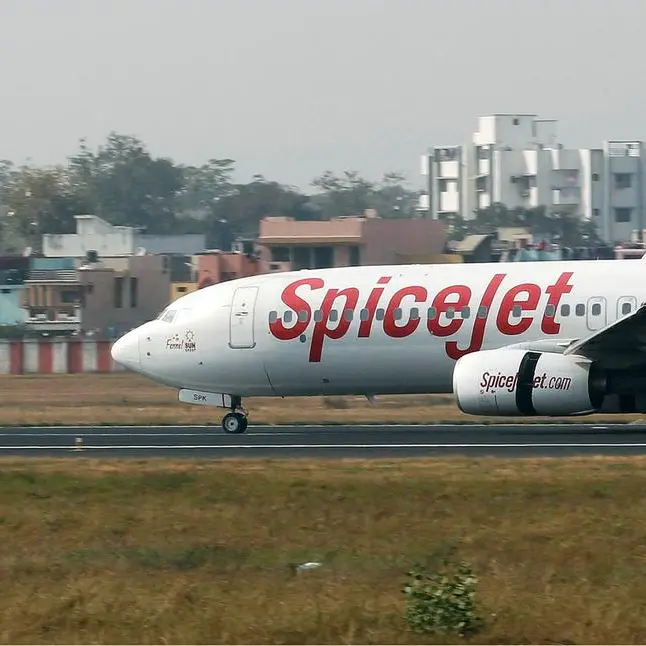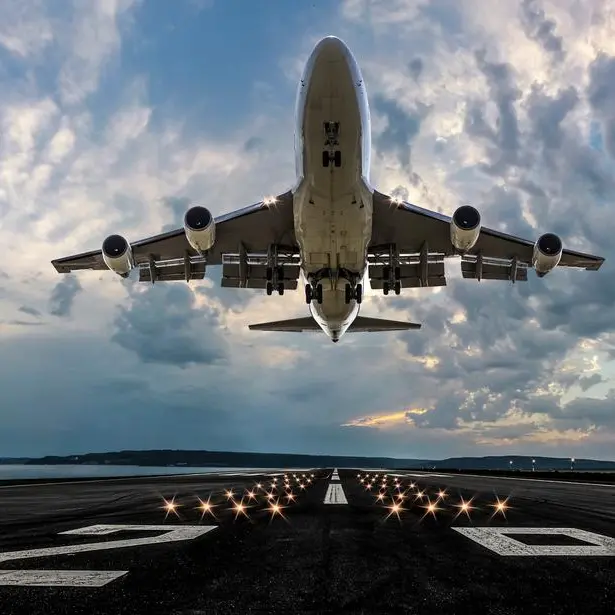PHOTO
Boeing announced Monday a raft of orders on the first day of Britain's Farnborough Airshow, shrugging off safety and production woes as the industry struggles to keep up with demand.
The embattled US aviation giant swooped for a bumper deal with Korean Air, inking a firm order for 20 777-9 wide-body jets -- which has yet to be certified -- and 20 787-10 Dreamliners.
The purchase, including an option for 10 extra 787 aircraft, is worth more than $15 billion at catalogue prices -- although big discounts are usually applied to vast orders.
Held every two years, Farnborough is one of the industry's biggest shows alongside Dubai and Paris, a chance for companies to show off their latest defence hardware or lower-emissions aircraft.
Farnborough traditionally sees Boeing and European rival Airbus battle for supremacy for the most multi-billion-dollar jet orders.
- 'Full confidence' -
"I have full confidence in Boeing," Korean Air chief executive Walter Cho told reporters at a signing ceremony unveiling the deal, in reference to the US group's recent woes.
"We are working on the new designs right now. We are always pursuing the best customer experience and comfort," he said, adding the Seoul-based carrier expects the first delivery "on time" in 2028.
The Boeing 777-9 has just begun certification flights and could be authorised to fly passengers by 2025 at the earliest, which is five years behind schedule.
The Seattle-based planemaker also took the opportunity to formalise a purchase from Japan Air Lines for 10 Dreamliner 787-9s, with options for another 10 jets, in a deal flagged in March worth almost $3 billion.
"Boeing and Japan Air Lines has a very long and enduring relationship, even through difficult and challenging times," said Yukio Nakagawa, JAL's executive officer for procurement, at Farnborough.
"Together with Boeing, we remain dedicated to our commitment to safety and quality."
Boeing also revealed an order from Luxembourg-based carrier Luxair for two 737 MAX-10s -- which is a version of its best-selling single-aisle jet that had not yet been certified.
US group National Airlines placed a firm order for four 777-200 wide-body cargo planes as it looks to tap into global e-commerce.
Airbus, meanwhile, revealed that the national flag carrier of Bhutan has signed a memorandum of understanding for three A320neo and two A321XLR aircraft.
In total, some 75,000 visitors and 1,200 exhibitors are expected to flock to the five-day event southwest of London at an airport that is usually used by private jets.
This year's event, which features eye-catching displays including from Britain's Red Arrows, was addressed earlier Monday by newly-elected UK Prime Minister Keir Starmer.
Airbus and Boeing are striving to fix production problems in order to fulfil orders for nearly 15,000 aircraft, a year-on-year increase of 18 percent.
"We have an incredibly strong backlog. We're sold out until the end of this decade," Stephanie Pope, chief executive of Boeing Commercial Airplanes, said on the eve of the show.
Boeing has been mired in production problems and safety concerns since a fuselage panel blew out of a 737 MAX flown by Alaska Airlines in January, forcing the plane to make an emergency landing.
- Safety and quality -
"We want to deliver safe and quality aircraft, predictably and on schedule," Pope said.
"We are creating a culture of accountability that drives transformational changes so we can build safe and quality aircraft," she added.
In the first half of the year, Boeing delivered fewer of its best-sellers, the 737 MAX and 787 jets, than in the same period in 2023.
As Boeing focuses on overcoming its quality control issues, the US group decided to not bring any commercial airplanes to Farnborough.
Airbus is leading the market but is working to ramp up production.
After slowing production of the single-aisle A320 to 40 per month during the Covid pandemic, the European company plans to raise the monthly output to 75 in 2027 -- a year later than originally announced.
"We face headwinds," said Christian Scherer, head of Airbus's commercial aircraft business, who announced a cost-cutting programme.
Airbus has faced supply chain woes, shortages, higher interest rates and problems recruiting staff.
"It's not like it's chaos but you have some bottlenecks," Scherer said.





















